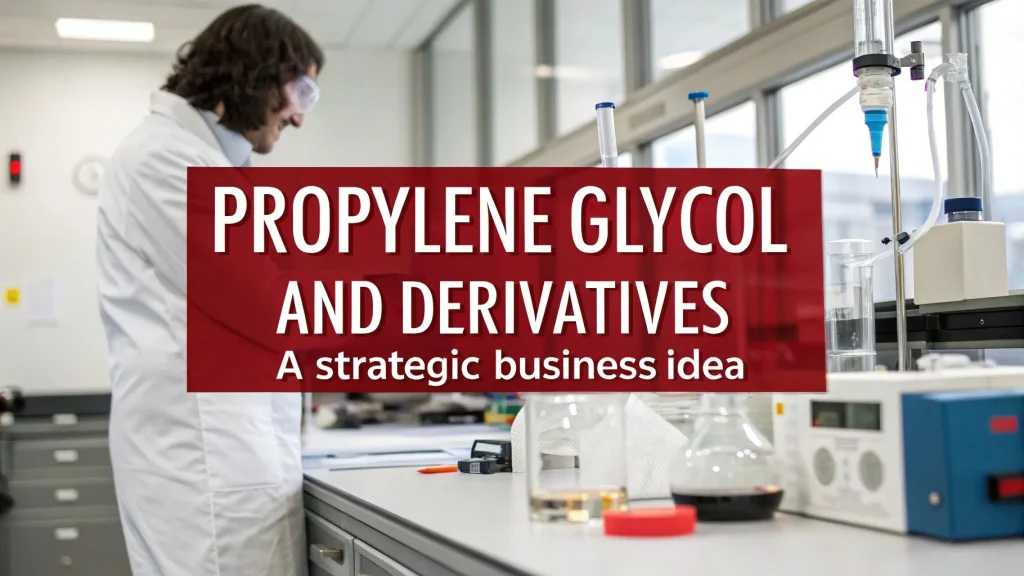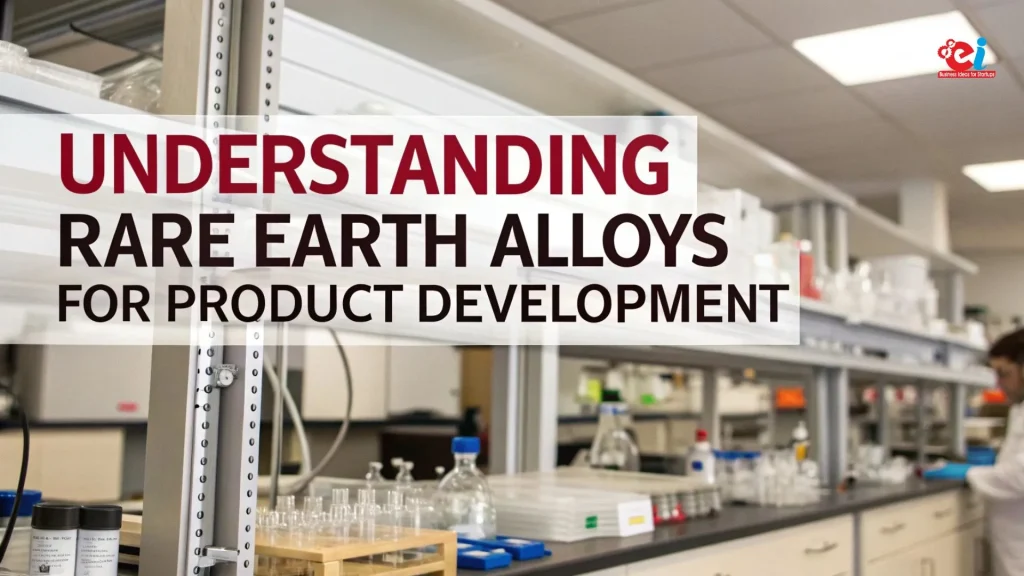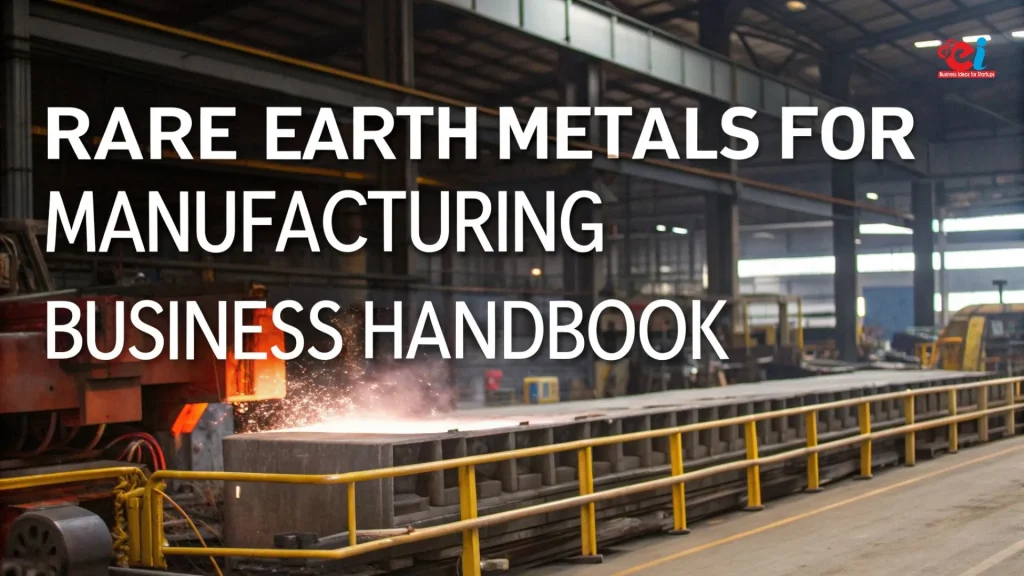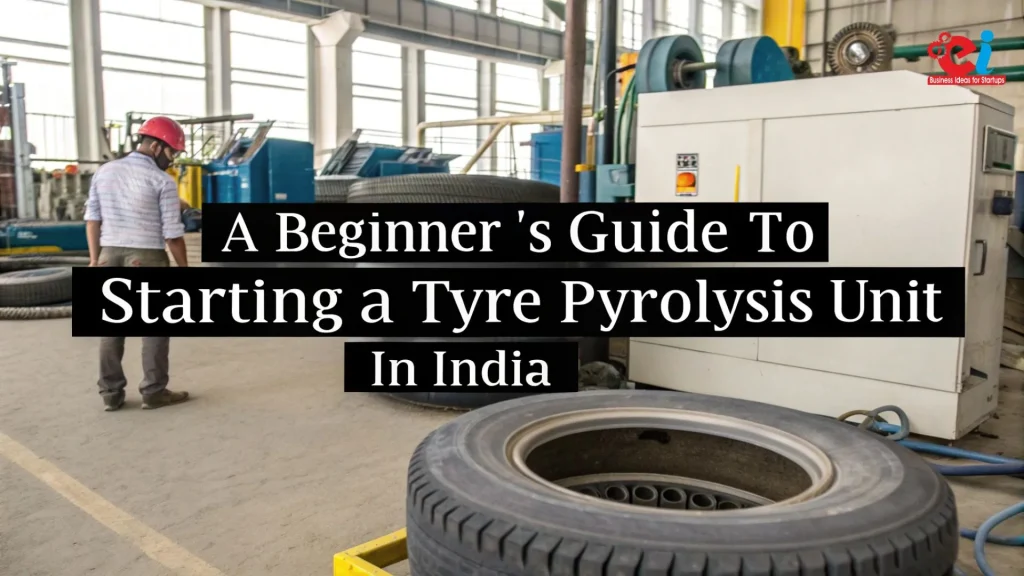Essential oils have carved a significant niche in today’s wellness, beauty, and alternative medicine sectors. From aromatherapy to natural personal care, these potent plant extracts are gaining popularity for their therapeutic benefits, unique fragrances, and holistic uses. As consumer interest in natural and organic products surges, the essential oils industry has evolved into a lucrative business opportunity for entrepreneurs, farmers, and manufacturers alike. This detailed guide will help you understand the methods, processes, and best practices to successfully set up an essential oils extraction and manufacturing unit.
Understanding Essential Oils and Their Manufacturing Potential
Essential oils are concentrated, volatile aromatic compounds extracted from different parts of plants—such as flowers, leaves, bark, roots, and seeds. They carry the true essence and characteristic fragrance of the plant they are derived from, hence the name. Popular essential oils include lavender, peppermint, eucalyptus, tea tree, and lemon oil, each offering unique benefits ranging from antimicrobial properties to mood-enhancing effects. The growing global awareness around chemical-free, plant-based wellness products has turned the essential oils industry into a billion-dollar sector, with promising growth projected over the coming years.
Extraction Methods for Essential Oils
There are several proven methods to extract essential oils from raw plant materials, each with its own merits and suitability depending on the plant species:
1. Steam Distillation
This is the most common method. Plant material is placed in a still, and steam is passed through it. The heat causes the essential oil to evaporate, which is then condensed and collected. This process is efficient and preserves the therapeutic properties of the oil.
2. Cold Press Extraction
Ideal for citrus peels, this technique involves mechanically pressing the plant matter to squeeze out the oils. It does not use heat, making it perfect for oils that are sensitive to temperature.
3. Solvent Extraction
This method uses food-grade solvents to extract aromatic compounds. It is generally reserved for delicate flowers that cannot withstand steam distillation. After extraction, the solvent is evaporated, leaving behind a concentrated oil known as an absolute.
4. CO2 Extraction
Supercritical CO2 is used as the extracting agent, resulting in high-purity essential oils. Although costlier, this technology yields premium-quality oils with a broader spectrum of compounds preserved.
Key Steps in Essential Oils Manufacturing
Setting up an essential oils manufacturing business involves more than just knowing the extraction methods. Here are the critical stages to consider:
- Raw Material Sourcing: Partner with farmers or cultivate your own aromatic plants to ensure consistent, high-quality input material. Quality of plant matter directly affects the yield and purity of the final product.
- Preprocessing: Clean, sort, and sometimes dry the plant material before processing. This reduces contamination and improves oil extraction efficiency.
- Extraction: Choose the most suitable method based on the plant and desired oil properties.
- Separation & Filtration: Post-extraction, the oil is separated from water and other residues. Filtration ensures removal of particulate matter.
- Storage & Bottling: Essential oils should be stored in dark glass bottles, in a cool and dry environment, to maintain their potency and shelf life.
- Labeling & Compliance: Follow your country’s regulations on labeling, purity standards, and safety. The cosmetic and aromatherapy markets have strict norms, so compliance is crucial.
Investment and Equipment
The investment needed to start an essential oils business varies depending on production scale. Small-scale setups may cost as little as $20,000, while industrial operations can run into several hundred thousand dollars. Key equipment includes:
-
Distillation units
-
Boilers
-
Separators
-
Stainless steel storage tanks
-
Quality control lab equipment
Quality Control and Certification
Quality is the backbone of any essential oils venture. Invest in regular lab testing to confirm the chemical profile, purity, and absence of contaminants in your oils. Certification from recognized bodies like ISO, USDA Organic, or BIS (Bureau of Indian Standards) adds value and trust to your products.
Marketing Your Essential Oils
In today’s digital marketplace, branding and marketing can make or break your venture. Highlight the purity, source, and benefits of your essential oils. Social media, influencer marketing, and online stores are excellent platforms to reach conscious consumers. Also consider B2B sales to cosmetics, soap, and perfume manufacturers.
Sustainability in Essential Oils Manufacturing
Modern consumers prefer brands that prioritize eco-friendly practices. Sustainable sourcing, waste minimization, and renewable energy use can make your essential oils manufacturing business stand out. Additionally, partnerships with local farmers can support community growth while ensuring a steady supply of raw materials.
Opportunities and Challenges
While the demand for essential oils is rising, challenges such as price volatility of raw materials, climate impacts on cultivation, and counterfeit products exist. Building a trusted supply chain, maintaining consistent quality, and educating consumers are effective ways to overcome these challenges.
The Future of Essential Oils
New innovations, such as AI-assisted crop monitoring and blockchain-based traceability, are reshaping the essential oil sector. These technologies help guarantee authenticity, optimize yields, and build consumer confidence. Entrepreneurs willing to embrace these tools will have a competitive advantage.
Essential oil continue to captivate global markets with their versatility, therapeutic benefits, and eco-friendly appeal. From stress relief to skincare, they are becoming indispensable in modern lifestyles. As a business opportunity, essential oil manufacturing promises profitability, creativity, and purpose. Whether you plan to launch a small artisanal brand or a large-scale production unit, this guide should give you a solid starting point to embark on a rewarding journey in the essential oil industry.
Visit the page Select and Choose the Right Business Startup for You for sorting out the questions arising in your mind before starting any business and know which start-up you can plan. We, at NPCS, endeavor to make business selection a simple and convenient step for any entrepreneur/startup. Our expert team, by capitalizing on its dexterity and decade’s long experience in the field, has created a list of profitable ventures for entrepreneurs who wish to diversify or venture. The list so mentioned is updated regularly to give you a regular dose of new emerging opportunities.




